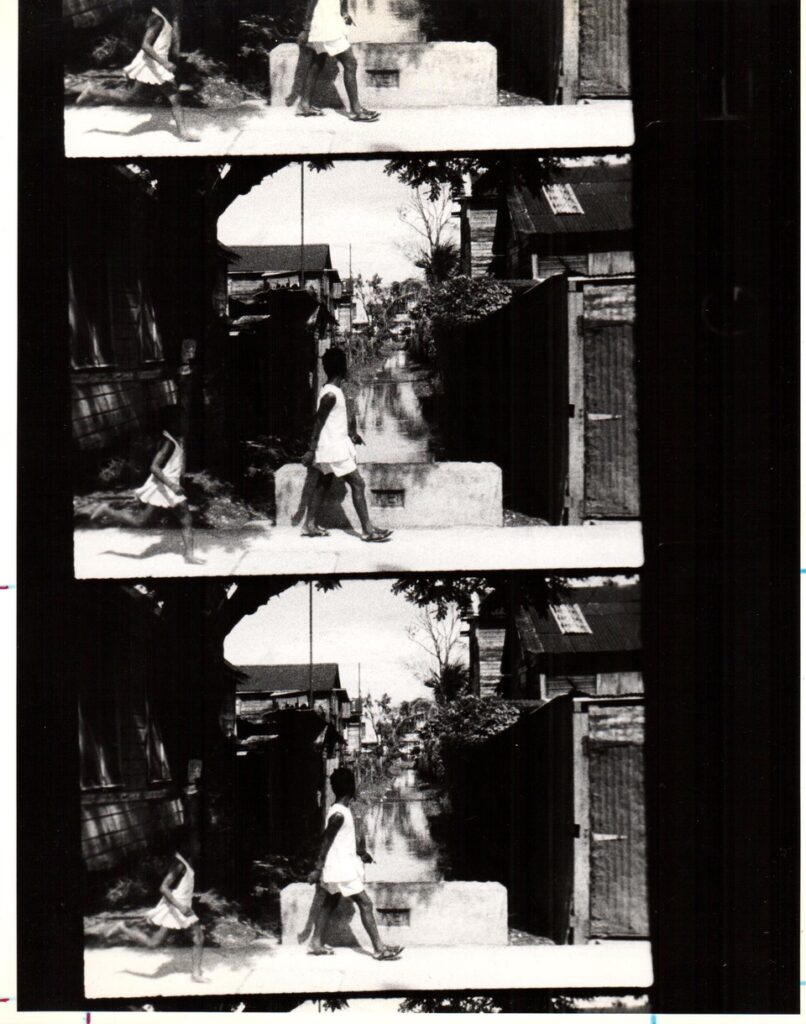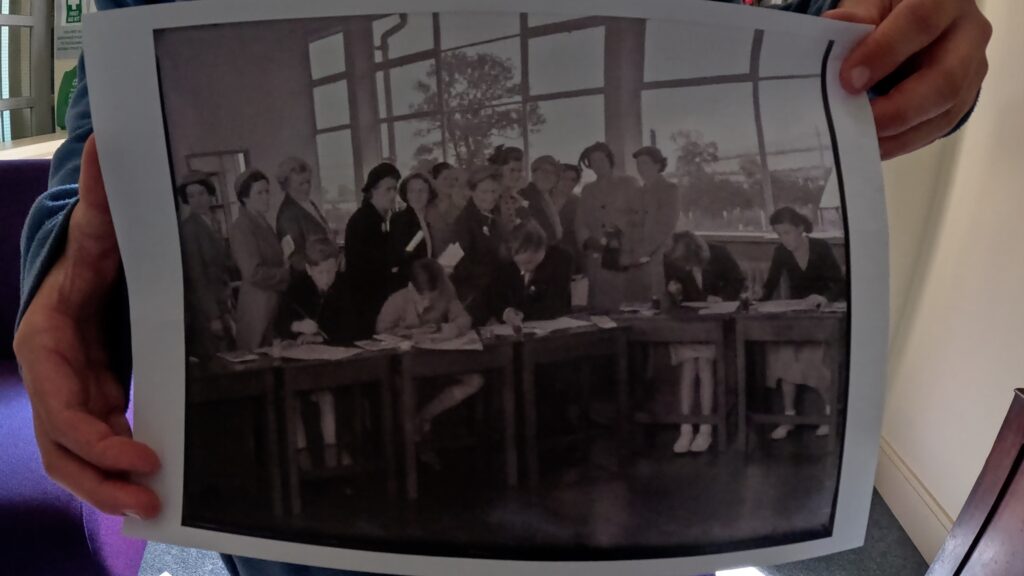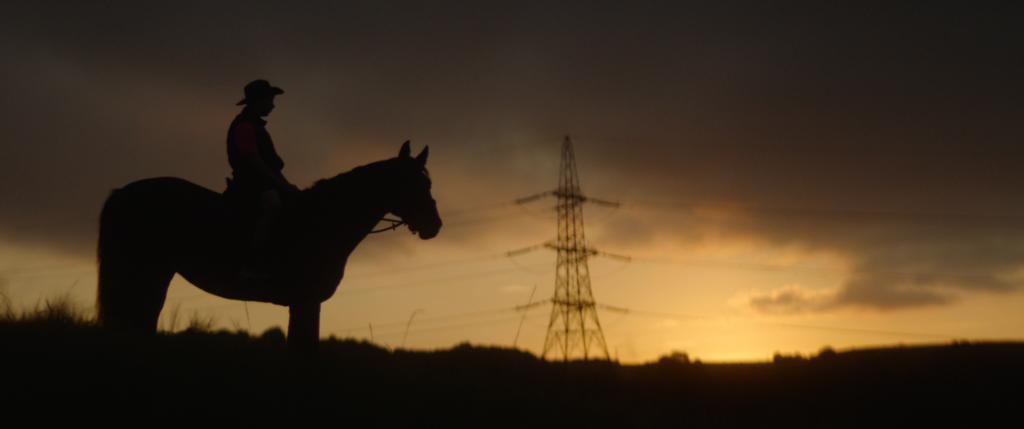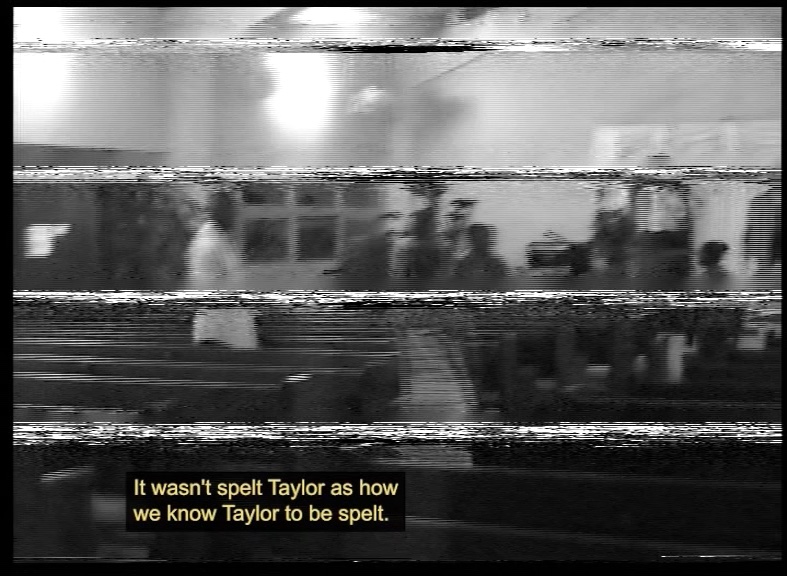Departing from a time of coloniality shared by foreign and local powers, where overthrowing a regime is not sufficient to break the shackles that bind.
Framed by a screening of the Victor Jara Collective’s seminal work of political documentary The Terror and the Time (1979) and Moustapha Alassane’s irreverant animated satire Bon Voyage Sim (1966)
















